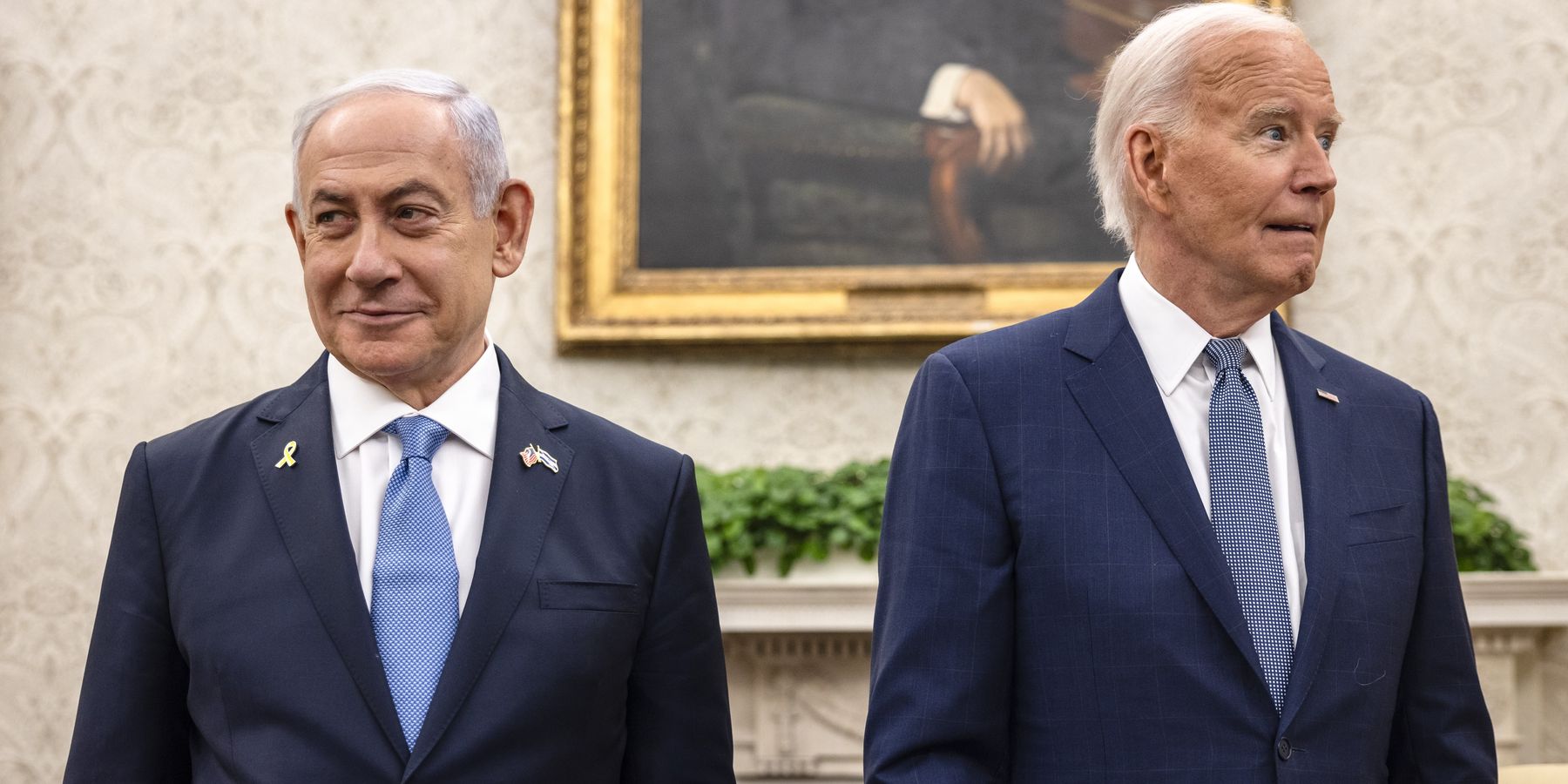It is an official: Israel and Hamas have agreed to a ceasefire.
It would appear to be based on the text already made available by the Associated Press, which is very much like the deal brokered by the Biden administration in May 2024. That agreement was never ratified by either side and was never implemented.
It fell through then largely because of Israel’s refusal to accept Hamas’s demand that the ceasefire be permanent. A ceasefire of course is by definition impermanent, and Israel was scarcely likely to swear off renewed attacks. It could still collapse today for the same reason.
Hamas’s difficulty here is that it needs to justify its October 7 attacks and seizure of hostages with a significant achievement. An Israeli agreement to not attack Hamas in the future would rise to that level, but naturally, that is another reason Israel would resist agreeing to it in the first place. Netanyahu is not very motivated to help the Hamas leadership maintain credibility at his expense.
Otherwise, this agreement retains a phased structure in which the next 42-day phases do not automatically start when the preceding phase expires. During each period, the parties will still be negotiating the points of the succeeding phase. Thus, there is the possibility of many a slip between cup and lip.
If the parties follow up it will be phase one that is most likely to be carried out. Both sides need a win. Hamas needs to retrieve Palestinians in Israeli jails and that requires the release of some of the Israeli hostages in their possession. Both sides will retain plenty of fodder for future trades. Israel will not be required to withdraw its forces from Gaza right away, but rather to remove them to the perimeter. If fighting restarts, Israel won’t have to explain reentry into the strip; they’ll still be inside the wire.
The second phase, which, as drafted, requires complete withdrawal of IDF units from Gaza, seems unlikely to be implemented on the basis of Netanyahu’s consistently contrary position throughout the war that began on October 7. Hence the judgment of informed commentators back in May 2024 that phases 2 and 3 would not come to pass in the foreseeable future. But something is surely better than nothing.
For the Israelis, the first phase gives the IDF an opportunity to refit, get back to training cycles, restock munitions, spare parts and consumables and rotate and refresh combat personnel. It also provides a breathing space in which to assess options in the North, where a ceasefire still holds with Hezbollah and a new technocratic government has been formed, and in western Syria, where the IDF is positioned inside the country to the east of the Golan Heights. They need to plan for a clash with Turkish forces — Erdogan recently told the Turkish assembly that foreigners should “get their hands off Syria.” Evidently the Turks do not count as foreigners in Syria, at least for this purpose.
For Hamas, it’s a chance for Mohammed Sinwar, the late leader’s brother, to live for another 42 days.
There is the question, to whom should the Gaza ceasefire be attributed? One answer is Netanyahu. This is one version of a classic ceasefire, where the party that had resisted it has temporarily run out of targets and largely achieved its war aims.
If it is truly a ceasefire, that is, a temporary halt to the shooting, which is presumed to renew if and when the ceasefire is violated by the other side or expires, then the stronger party has every incentive to go with the flow. There wasn’t to be a ceasefire until these conditions were obtained.
For the Palestinians, it’s a bittersweet moment — a hoped-for respite from the death and destruction in the strip — and a profound political challenge. For the Israelis, some of whom will be reunited with loved ones, it will be a moment to think through how best to translate victory into lasting security.
















